Fraction Addition Addition Worksheets for Ages 8-9
14 filtered results
-
From - To
Enhance your child's math skills with our engaging Fraction Addition Worksheets, designed specifically for ages 8-9! These activities help young learners master the art of adding fractions through fun and interactive problems. Perfectly aligned with school curricula, our worksheets make learning seamless with clear instructions and practical exercises. Each worksheet combines visual aids, step-by-step solutions, and practice problems to build confidence and proficiency in fraction addition. Ideal for both classroom and home use, these tools support your child's mathematical journey, fostering a solid foundation for future concepts. Download now and make fraction learning an enjoyable experience!
Understanding fraction addition is crucial for children ages 8-9 as it lays the groundwork for more advanced mathematical concepts they will encounter as they progress in their education. Mastery at this stage ensures that students develop robust number sense and understand the relationship between parts and wholes, which is essential for various real-life applications and subjects like science, engineering, and even art and music.
When parents and teachers focus on teaching fraction addition, they help children improve their problem-solving skills by challenging them to think critically and logically about how numbers work together. This early exposure fosters a positive attitude towards math, reducing anxiety and building confidence in their abilities to tackle complex tasks in the future.
Moreover, because fractions are a part of everyday life—whether in cooking, budgeting, or time management—grasping how to add them accurately equips children with practical skills they can use outside the classroom. This early foundation in fraction addition also allows them to handle more sophisticated mathematical operations with ease later on, such as algebra and calculus.
By prioritizing fraction addition education, parents and teachers support a child’s overall cognitive development and academic success, establishing essential skills that are indispensable throughout their lives.


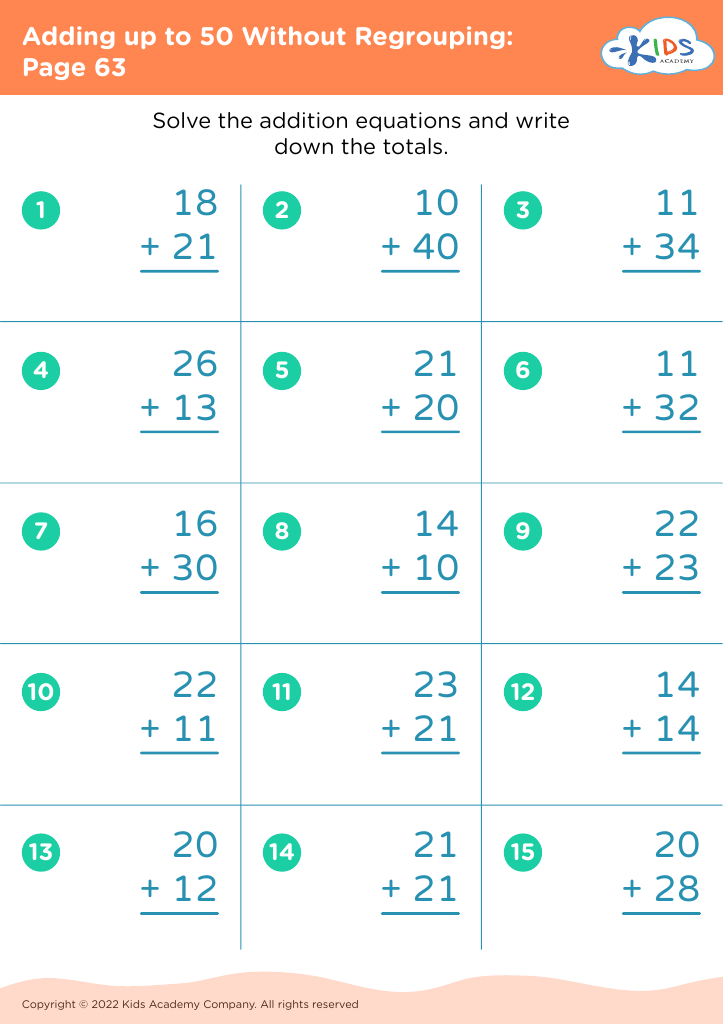

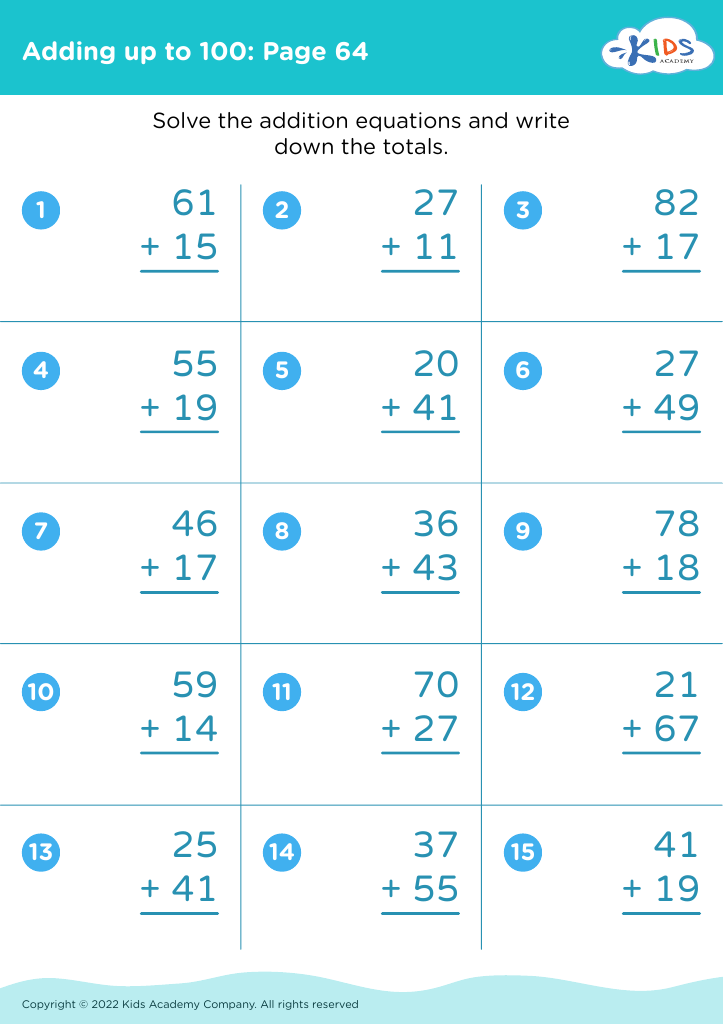




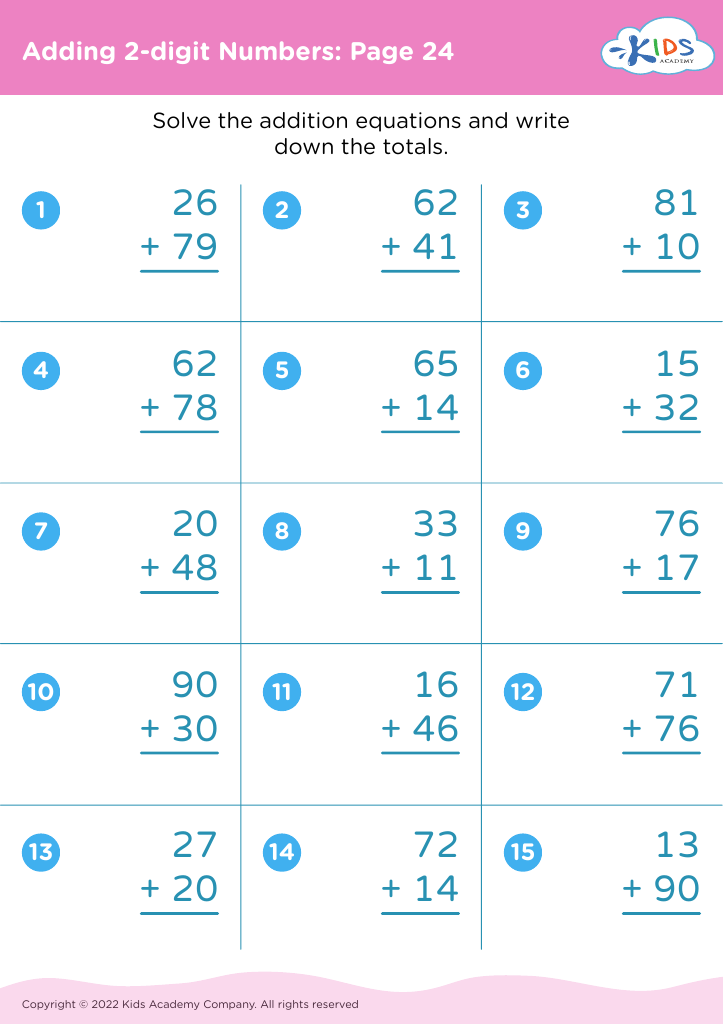



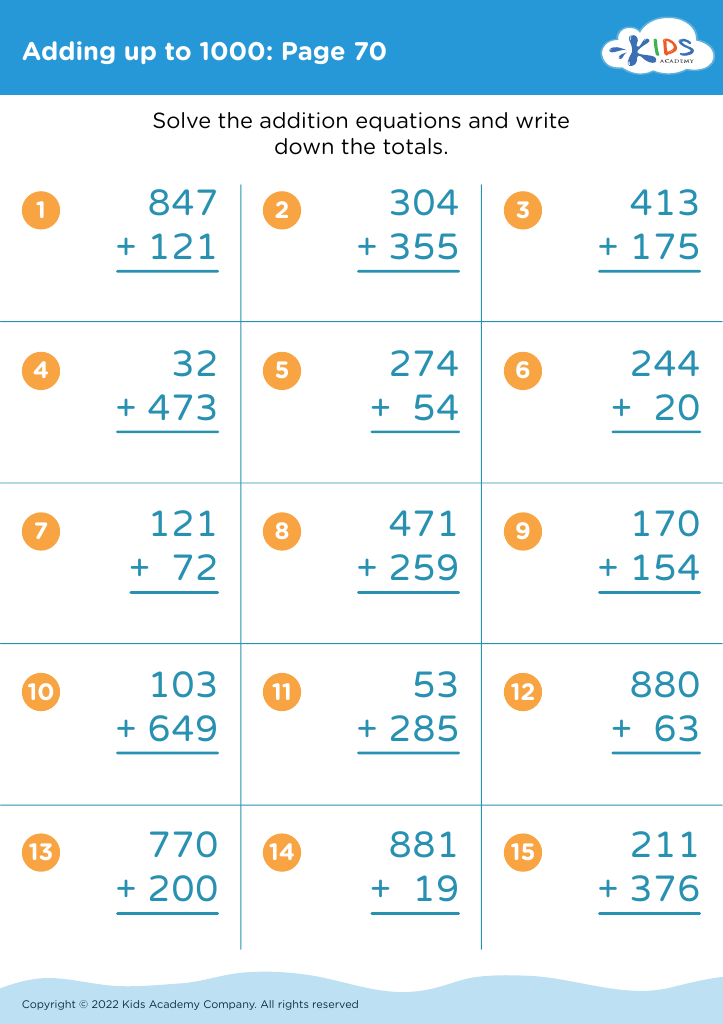
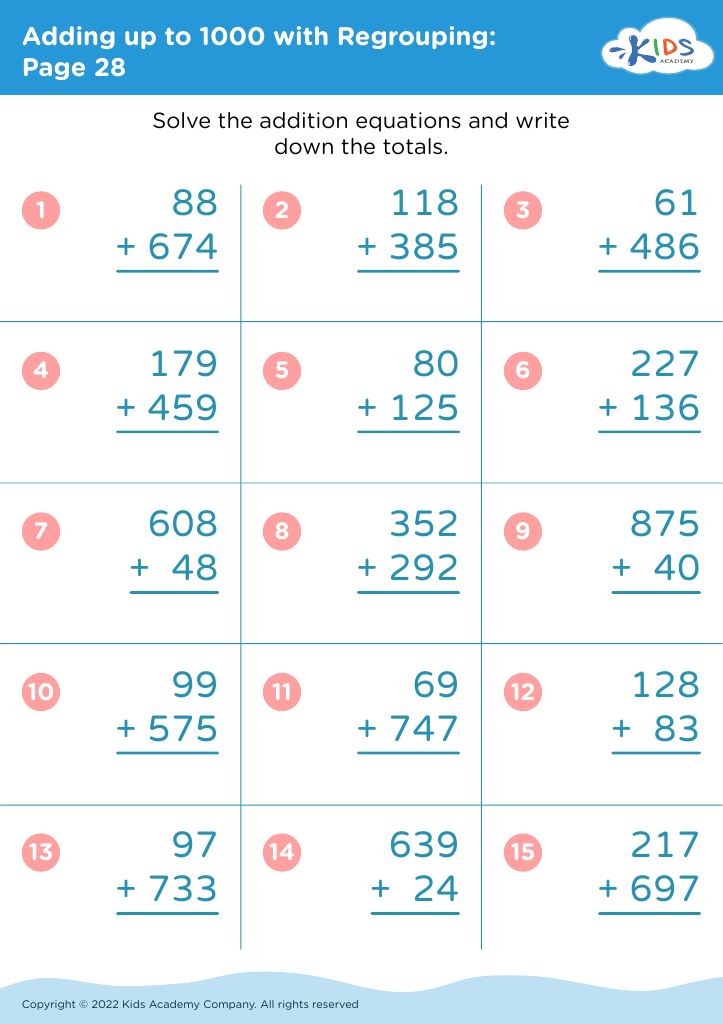

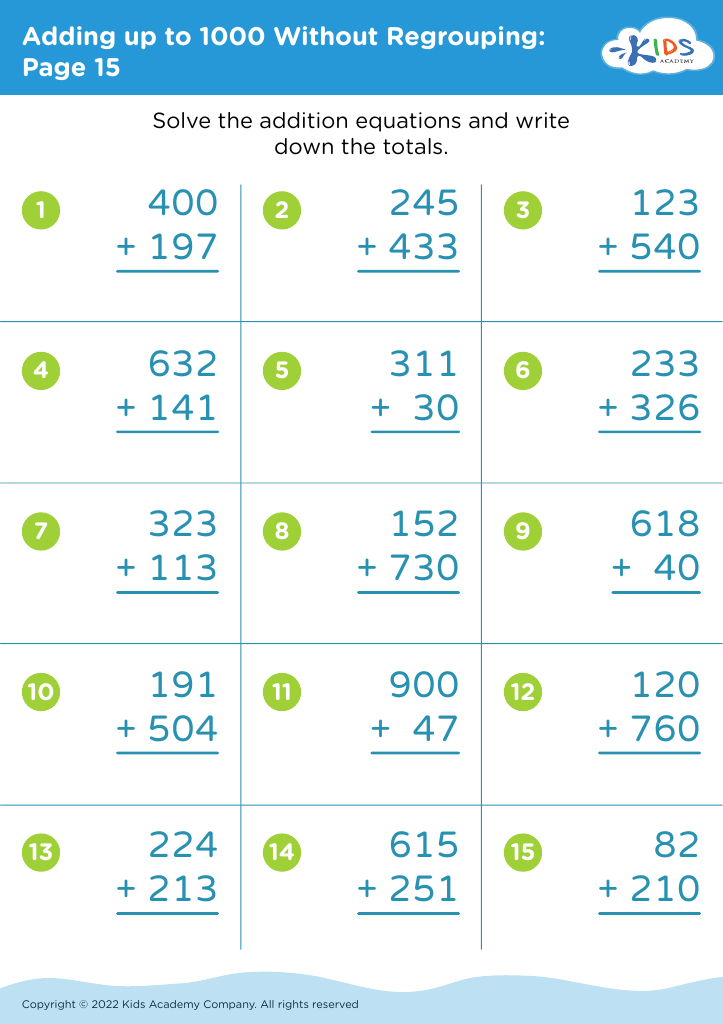








.jpg)









